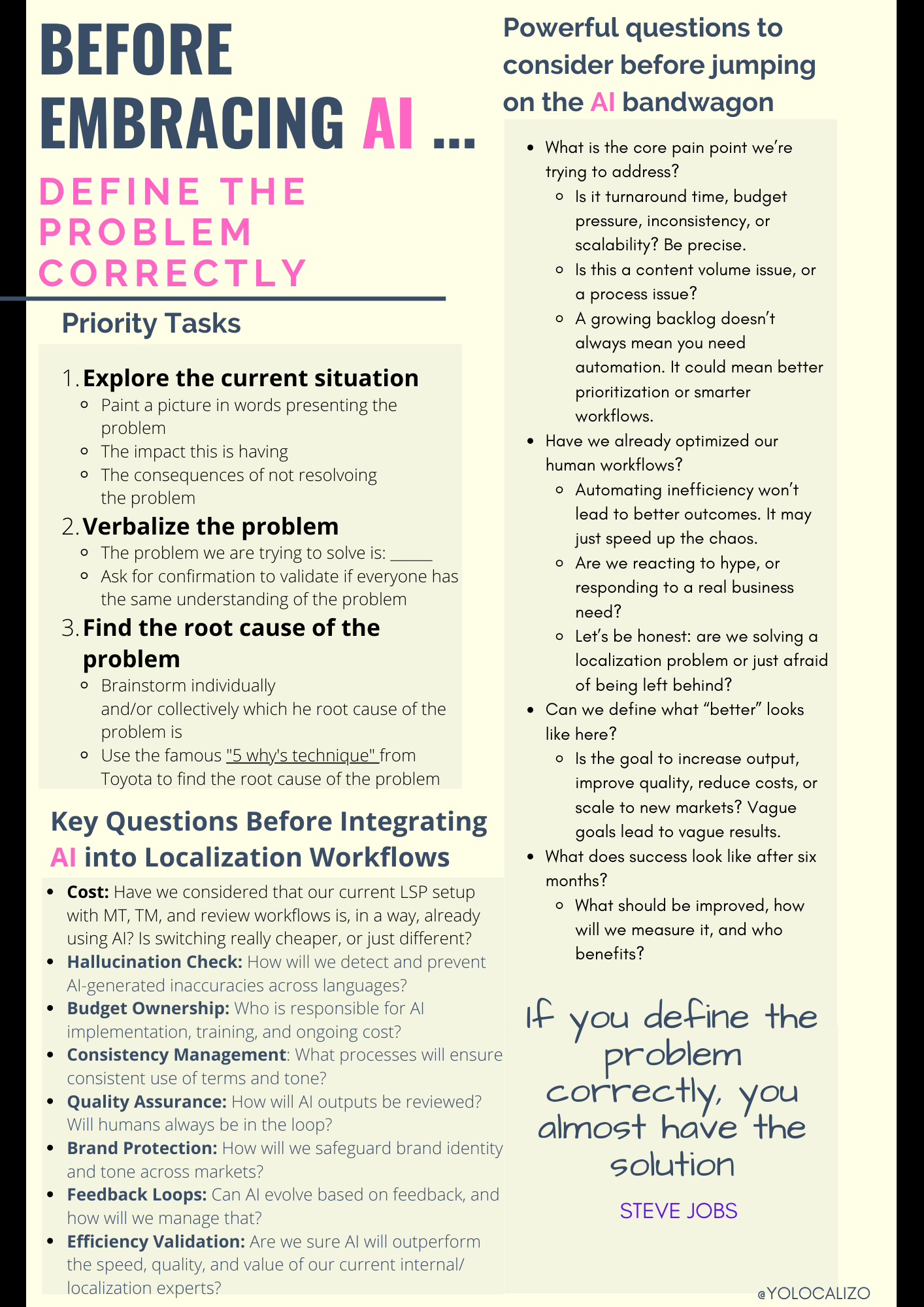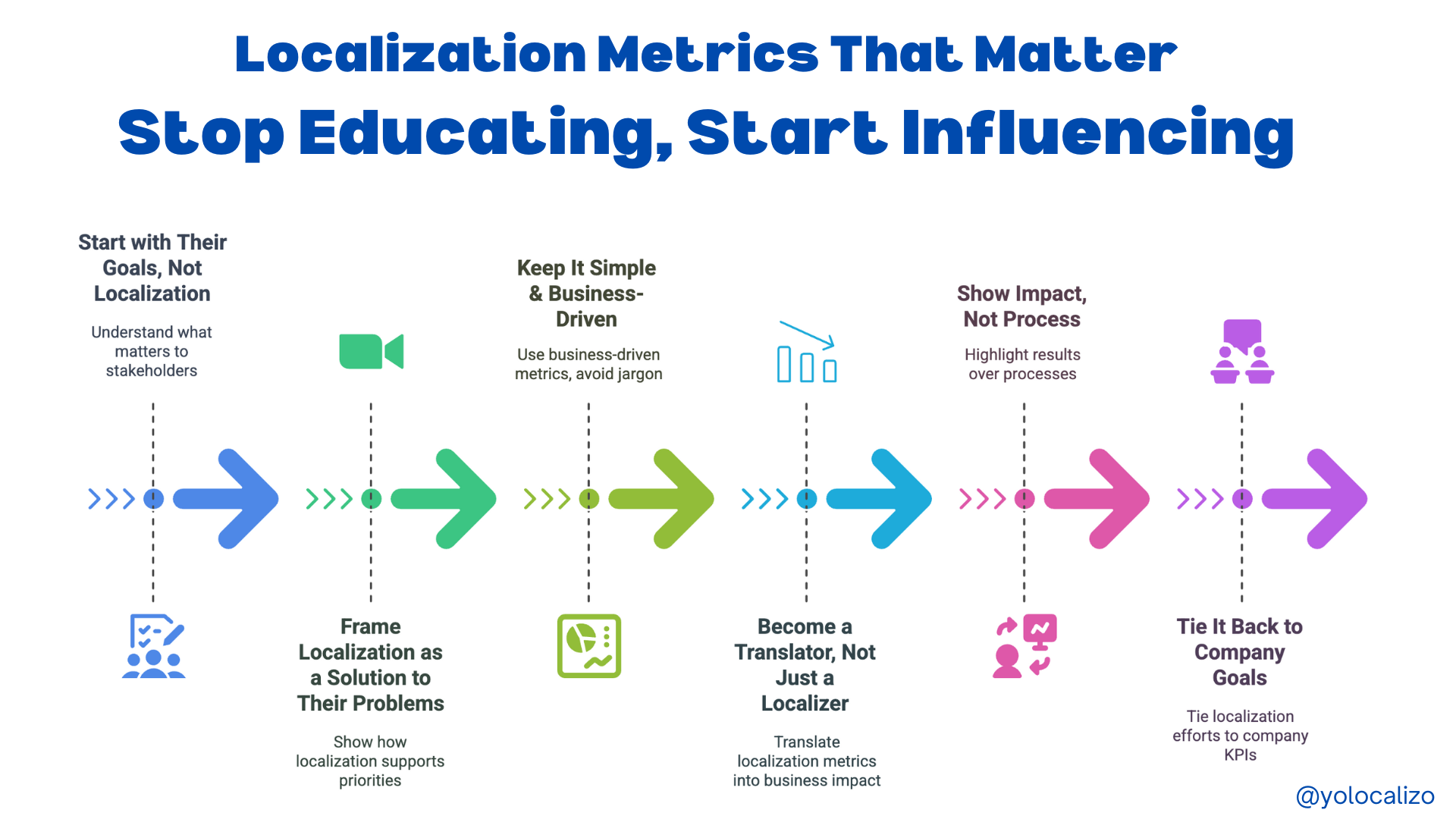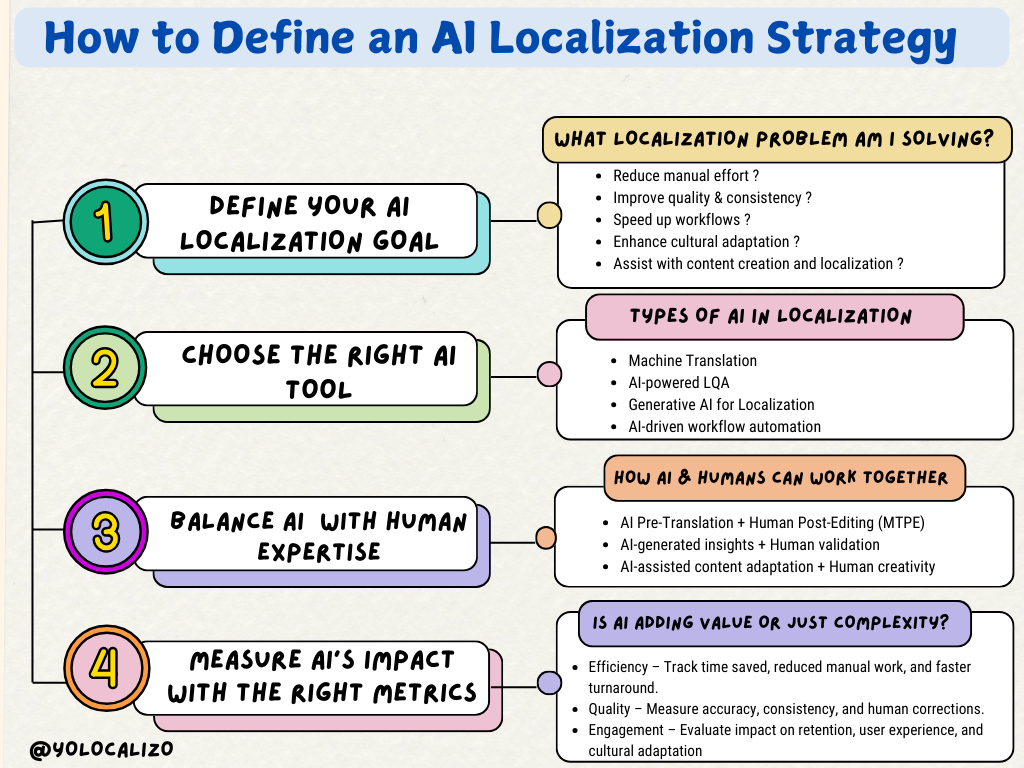5 Signs You Might Need to Hire an International Localization PM
My boy trying to find the right tempo in the serve …
Lately, I've been really into tennis. I mean, well, maybe not really lately, as I've always enjoyed the sport and watched countless matches, from the legendary rivalry between Agassi and Sampras to the more recent battles involving the great Rafael Nadal with Federer and Djokovic.
But ever since I enrolled my son in tennis a few years ago, I've had the chance to take him to matches and watch his training sessions.
Just a few weeks ago, they were at the tennis academy practicing serves.
The serve is the most crucial in tennis because it starts each point and sets the tone for the rally.
A well-executed serve can give the server an immediate advantage, providing control and dictating the game's pace.
However, timing and precision are everything.
A powerful serve at the wrong time can go out of the service box, while a weaker serve with good timing and the right angle can make it difficult for the opponent to return the ball. Timing is everything – not too early, not too late.
It was while watching the coach teach them the correct timing that I had the idea for this week's post. Deciding when to hire an International Localization Product Manager is also a matter of timing.
Let me explain.
Given the dynamic nature of global markets and internal capabilities, it can be tricky to decide when to hire an international localization product manager.
Companies face the challenge of determining the exact moment when their existing resources are overstretched and require specialized management for international operations. This is very common in startup-type companies where everyone does a bit of everything, and localization is handled by someone who isn't really involved in product globalization but is told at some point to “take care of translation” tasks.
The reason it's hard to know when to move on from having it done “by whoever has some free time” involves assessing market dynamics, identifying internal skill gaps (do we have the talent already in-house), and understanding the financial implications (do we have the budget to pay for this new role?).
Pinpointing this timing is critical: too early, and the role may lack impact and find itself without clearly defined tasks; too late, and the company could miss crucial opportunities for effective market expansion.
So, in this scenario, when do we know the right time to bring this role onto the team? Fortunately, some signs give us clues. It's not all a matter of faith or flipping a coin, so let’s see what signals tell us the time has come.
Click HERE to download the infographic
1. Global Market Traction
One of the first signs that we might need an International Localization PM is when our product begins to demonstrate successful traction in multiple international markets since this indicates both the viability of the product globally and the existence of a scalable opportunity. The role of the ILPM here would be to capitalize on this traction by optimizing and tailoring strategies for each market to maximize success. They will oversee the scalability of the process, ensuring that the product maintains quality and relevance in each locale.
2.Regulatory Adaptation Needs
This could be the next indicator that the time has come to have this professional on the team, as different markets often come with various regulatory requirements that can affect everything from product features to marketing. Navigating these regulations is critical to avoid legal issues and ensure market access. The International Localization PM thoroughly understands these regulatory particularities and can guide the product and legal teams in adapting products accordingly. Areas of support here will include ensuring compliance with data protection laws, consumer rights, and specific industry regulations per market.
*Note: Often, this task does not mean the tasks need to be executed by the PM itself but outsourced to an LSP specialized in this service; therefore, the International Localization PM will act as a bridge between the company needs and the LSP services delivered
3. Need for Local Partnerships and Alliances
In many international markets, local partnerships can be vital to navigating regulatory environments, reaching local consumers, and understanding regional market dynamics. An International Localization PM will be an ally here and is crucial in identifying and establishing partnerships and alliances. They can negotiate terms that align with the company’s goals, manage these relationships, and ensure that partnerships effectively support its market-specific strategies.
4. Market Saturation in Home Territory
When a company’s home market begins to reach saturation and growth plateaus, this is a critical indicator that it may be time to seek expansion opportunities in new, international markets to sustain growth. Here, the International Localization PM can lead market research efforts to identify new potential markets with room for growth. They can support the development of market entry strategies that consider local consumer behavior, positioning the company for successful expansion.
5. Localization Feedback Loop
Continuously refining a product for international markets requires a robust system to gather, analyze, and act on user feedback from these markets. This feedback is crucial for identifying issues specific to each locale, such as cultural missteps, usability issues, or additional feature requests. An International Localization PM can establish and manage a feedback loop that integrates seamlessly with the product development cycle. This ensures that localization is not just a one-time effort but a continuous process of improvement based on real user experiences. The International Localization PM bridges local users and the product team, advocating for necessary changes to enhance local user satisfaction.
Summary
In conclusion, much like in tennis, where the serve sets the stage for each point, hiring an International Localization Product Manager sets the stage for a company's success in global markets. Just as a well-timed serve can control the game, the right timing in hiring can control a company’s expansion trajectory. Observing the right cues, understanding the rhythm of the market, and striking at the opportune moment is so important here ….
@yolocalizo














As a Globalization/Localization Manager to be effective and rise to the various challenges our teams encounter we must be fundamentally flexible. We must be able to have the right conversation with the different stakeholders we interact with. We must understand the unique ways in which each conversation should be handled.
To achieve our goals, we need to bring 5 different conversations into the workplace